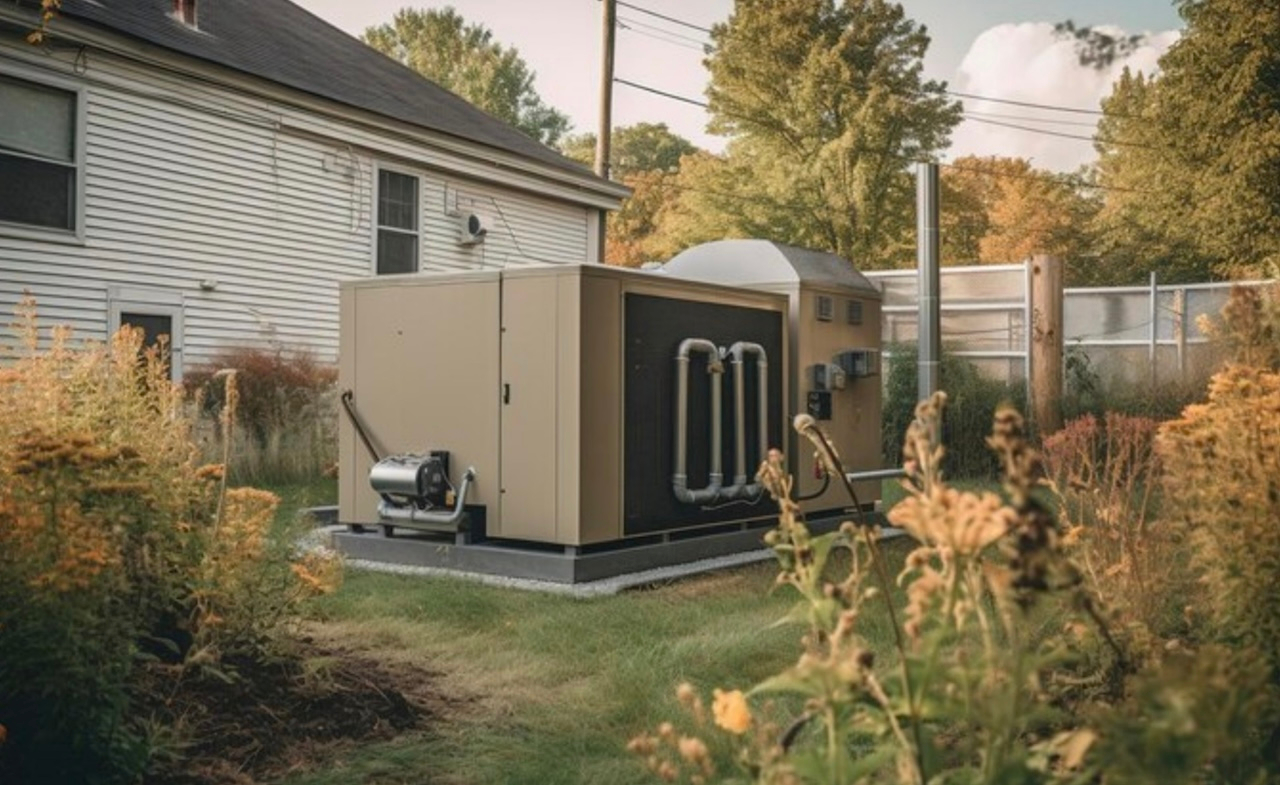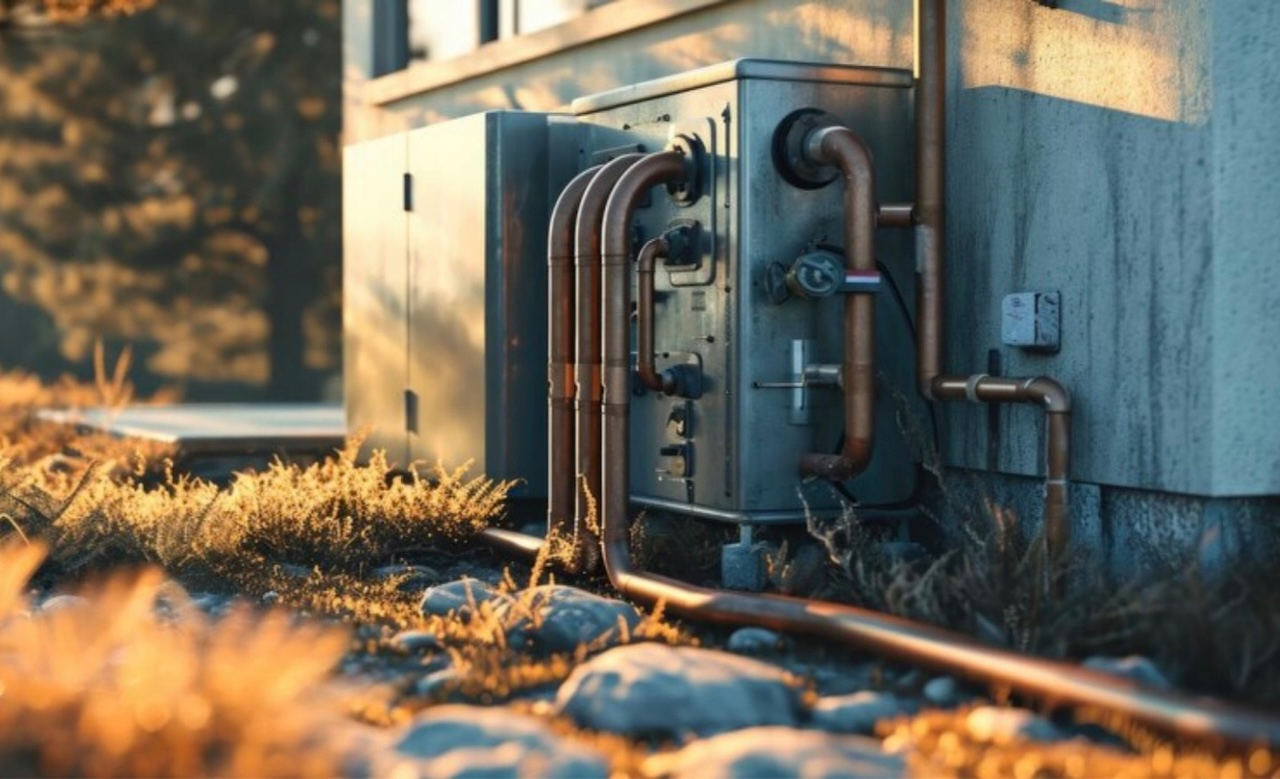The role of heating oil in emergency preparedness

When emergencies strike, such as power outages or natural disasters, maintaining a warm and functional home can become a daunting challenge. Heating oil has proven to be a reliable and efficient solution for many households, providing a source of heat that works independently of the electric grid. Understanding how heating oil fits into an emergency preparedness plan can help you stay safe and comfortable during unforeseen events.
In this article, we’ll explore the advantages of heating oil, its role in emergency situations, and practical steps to integrate it into your home’s preparedness plan. For those considering reliable sources of heating oil, companies like Romeo’s Fuel are known for providing dependable delivery and excellent customer service, ensuring you’re never left in the cold when you need it most.
The importance of emergency preparedness
Emergency preparedness is not just about stocking up on food and water. It’s about ensuring that essential systems in your home, such as heating, continue to function even when external conditions are less than ideal. In many regions, extreme weather events like blizzards, hurricanes, or ice storms can knock out power for hours – or even days. Without a backup heating source, homes can become dangerously cold, leading to potential health risks such as hypothermia or respiratory issues.
Heating oil systems shine in these scenarios because they operate independently of the electrical grid, providing warmth even during prolonged power outages. This independence is crucial for households in areas prone to extreme weather or for those with vulnerable family members, such as the elderly or young children.
How heating oil works
An overview of heating oil systems
Heating oil is used in furnaces or boilers to produce heat. Furnaces blow warm air through ducts, while boilers circulate hot water or steam through radiators. Both systems rely on burning heating oil to generate the heat required to keep your home warm.
Unlike electric heating systems, heating oil systems are largely self-contained. They rely on a tank to store the oil and a burner to ignite it. Once the oil is ignited, the system converts the fuel’s energy into heat, providing a steady and reliable source of warmth.
Efficiency and reliability
Modern heating oil systems are designed with efficiency in mind. Many models boast high Annual Fuel Utilisation Efficiency (AFUE) ratings, meaning they convert most of the fuel into usable heat. Additionally, heating oil burns hotter than other fuels, allowing it to warm up spaces quickly.
Because of this high efficiency, heating oil systems are particularly valuable in emergencies when energy conservation is vital. A well-maintained system and an adequate supply of heating oil can keep your home comfortable for extended periods without frequent refueling.
Advantages of heating oil in emergencies
Independence from the electrical grid
One of the greatest advantages of heating oil is that it doesn’t rely on electricity. Even during widespread power outages, a heating oil system can keep running as long as there’s enough fuel in the tank. This makes it a vital part of any comprehensive emergency preparedness plan, especially in areas prone to blackouts.
Long shelf life
Heating oil has a long shelf life, typically lasting up to 18-24 months with proper storage. Additives can extend its usability even further, ensuring that you have a reliable fuel source ready for emergencies. Unlike natural gas, which requires an active supply line, heating oil can be stored on your property, giving you full control over your fuel reserves.
High energy output
Heating oil produces a significant amount of heat per gallon, making it an excellent choice for quickly warming up your home during extreme cold. In emergencies, this high energy output can mean the difference between a cosy living space and a dangerously cold environment.
Preparing your heating oil system for emergencies
Regular maintenance
To ensure your heating oil system is ready for any situation, regular maintenance is essential. Schedule annual tune-ups to clean the system, check for leaks, and replace worn parts. A well-maintained system operates more efficiently and is less likely to break down when you need it most.
Keep your tank full
Always keep your heating oil tank adequately filled, especially during the colder months. This not only ensures you’ll have enough fuel during a power outage but also prevents condensation from forming inside the tank, which can lead to rust or fuel contamination.
Invest in backup power
Although heating oil systems don’t require electricity to burn fuel, certain components, like the furnace blower or boiler pump, may rely on electricity. To address this, consider investing in a backup generator to keep these components running during a power outage.
Heating oil safety tips
While heating oil is a safe and efficient fuel, it’s important to follow safety guidelines:
- Proper Ventilation: Ensure that your furnace or boiler has adequate ventilation to prevent the buildup of carbon monoxide.
- Monitor for Leaks: Check your tank and fuel lines regularly for leaks or signs of corrosion.
- Install CO Detectors: Place carbon monoxide detectors throughout your home as an added precaution.
- Know How to Shut Off the System: In case of an emergency, familiarise yourself with how to shut off your heating oil system to prevent accidents.
Alternative uses of heating oil in emergencies
Heating oil isn’t just for keeping your home warm; it can also serve other purposes during emergencies:
- Portable Heaters: Some portable heaters run on heating oil, providing warmth in smaller spaces like garages or workshops.
- Fuel for Generators: Certain types of generators can run on heating oil, offering an alternative power source during blackouts.
- Cooking: In extreme cases, heating oil can be used in specialised stoves designed for emergency cooking.
The environmental impact of heating oil
While heating oil has many benefits, it’s also important to consider its environmental impact. Advances in technology have made modern heating oil systems cleaner and more efficient than older models. Additionally, many suppliers now offer biofuel blends that combine traditional heating oil with renewable resources like soybean oil or animal fats, reducing the overall carbon footprint.
By choosing cleaner heating oil options and maintaining your system for optimal efficiency, you can minimise your environmental impact without sacrificing reliability.
Conclusion: A warm home in any situation
Heating oil plays a vital role in emergency preparedness, offering an efficient and reliable heating solution when other systems may fail. By understanding how heating oil works, maintaining your system, and incorporating it into your preparedness plan, you can ensure your home remains warm and functional during even the most challenging situations.
When emergencies arise, having a trusted heating oil provider like Romeo’s Fuel can make all the difference, offering peace of mind and uninterrupted warmth. Preparing today means you’ll be ready for whatever tomorrow brings.
The editorial unit


























Facebook
Twitter
Instagram
YouTube
RSS